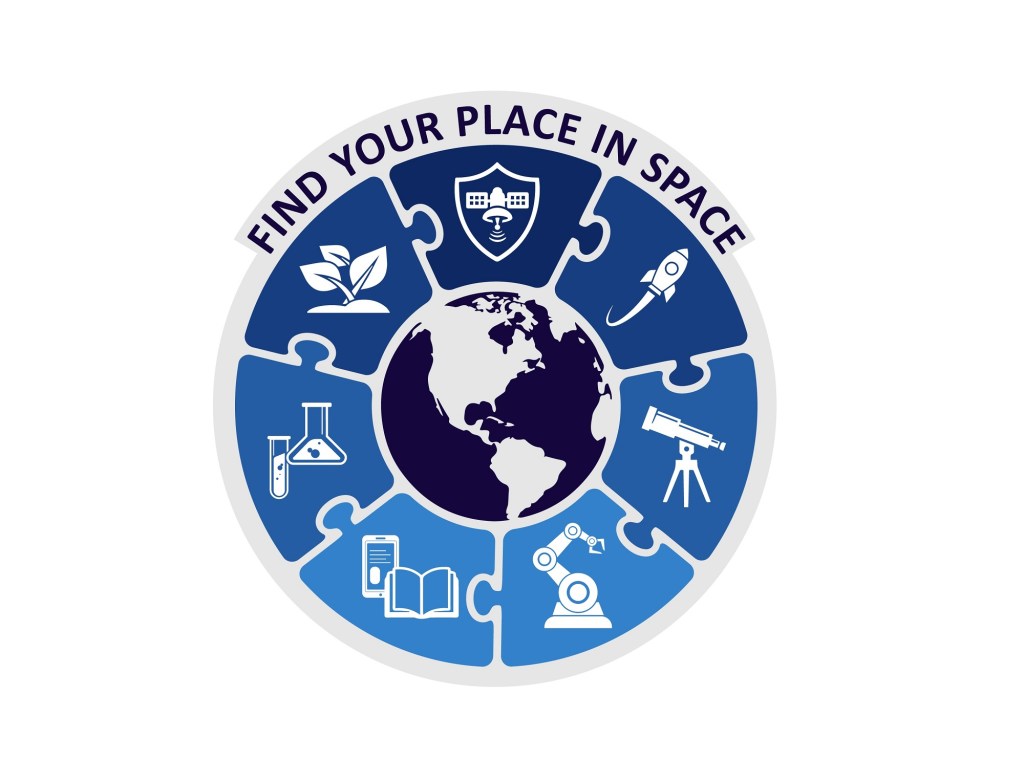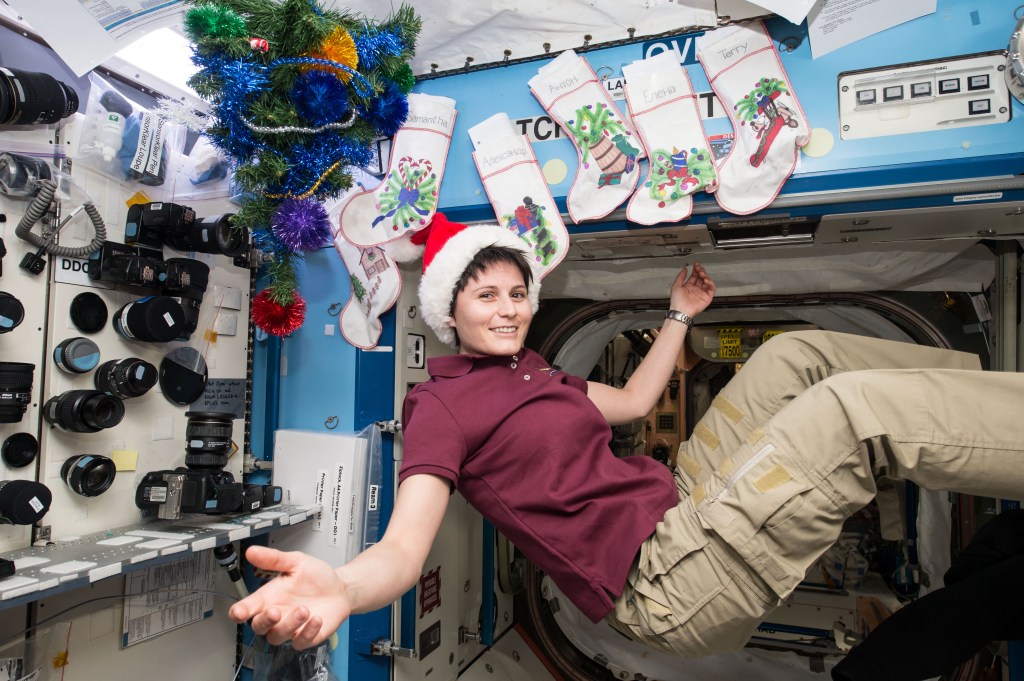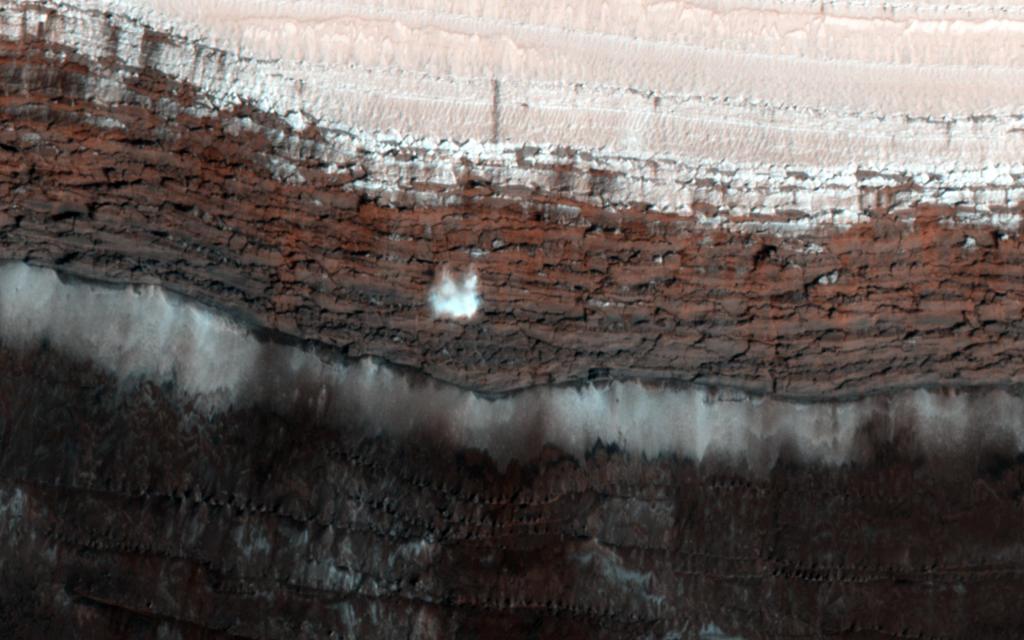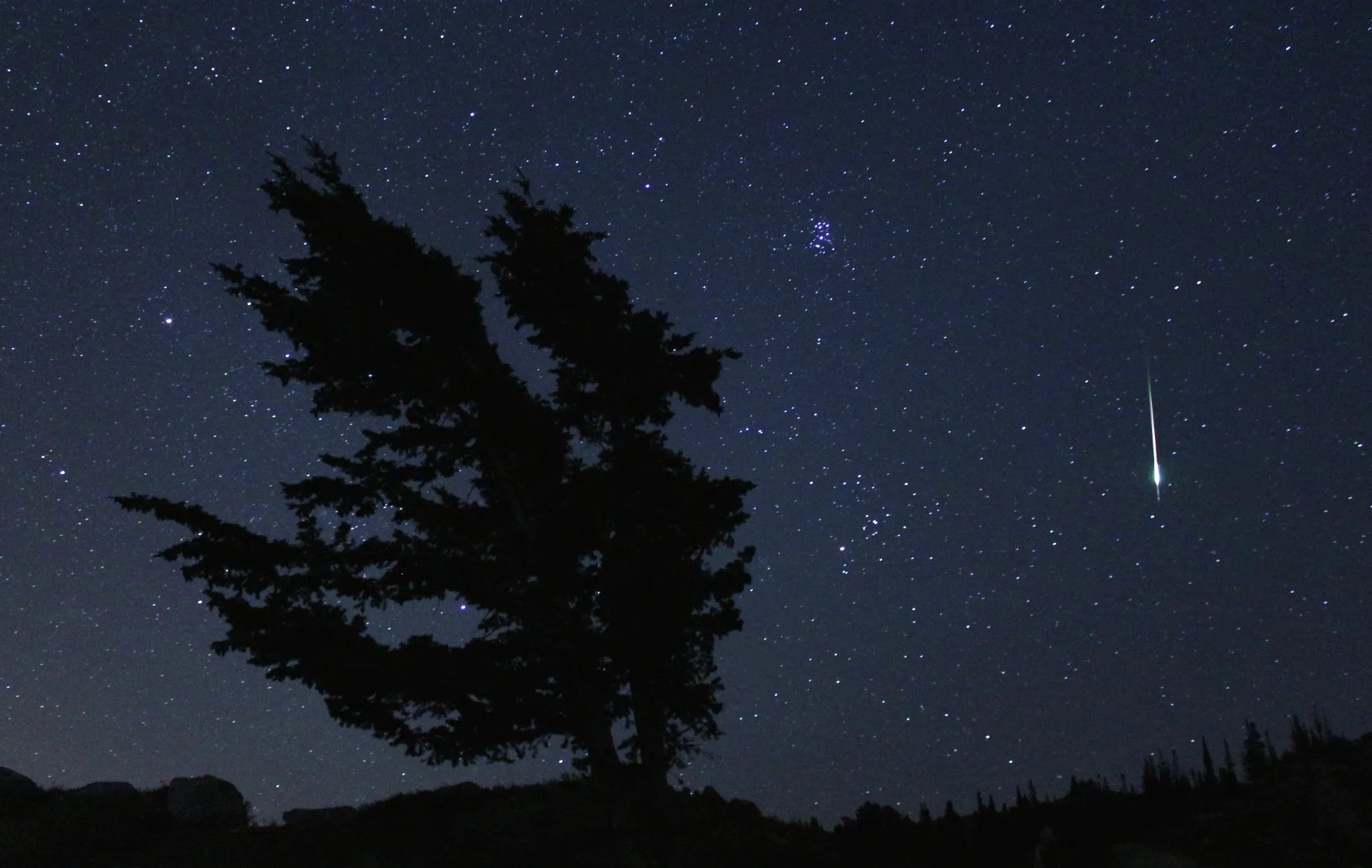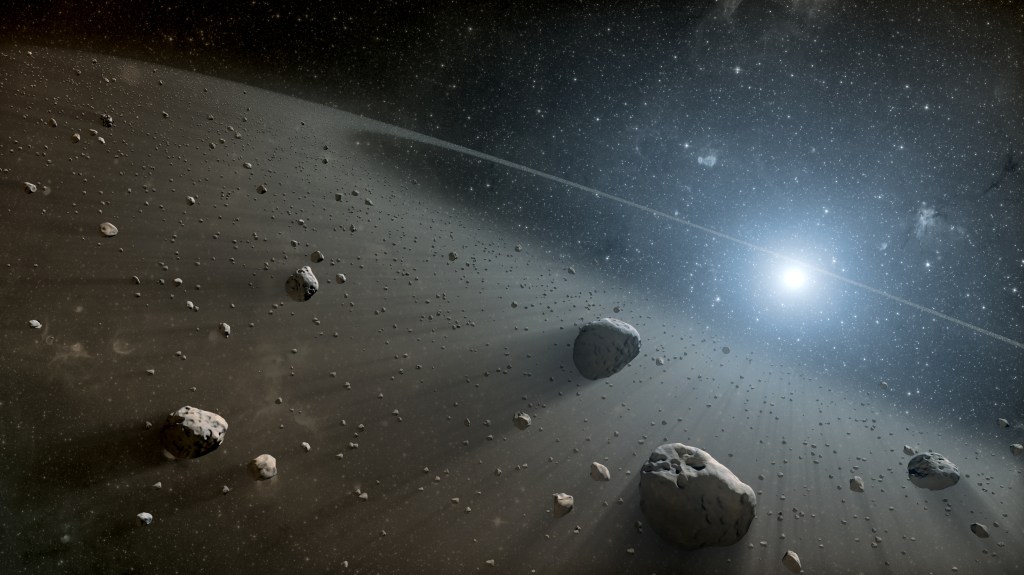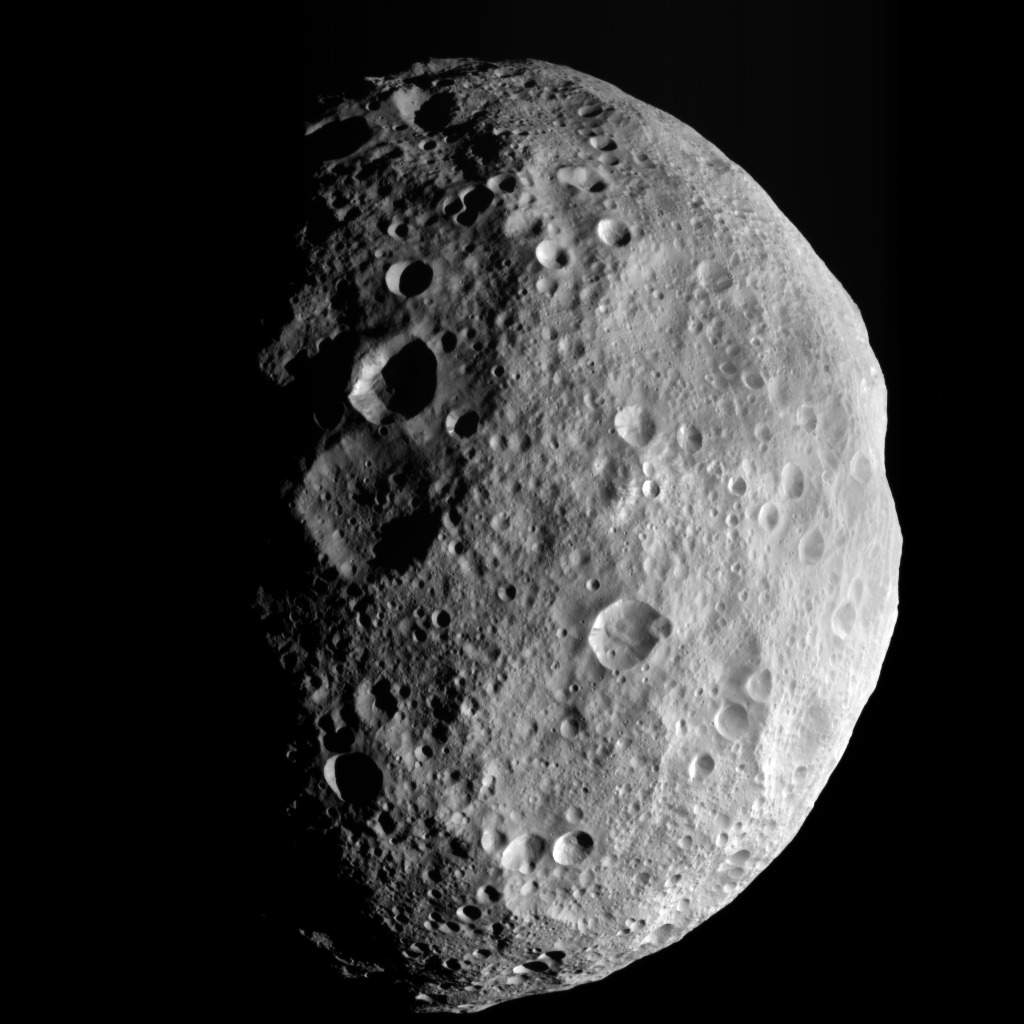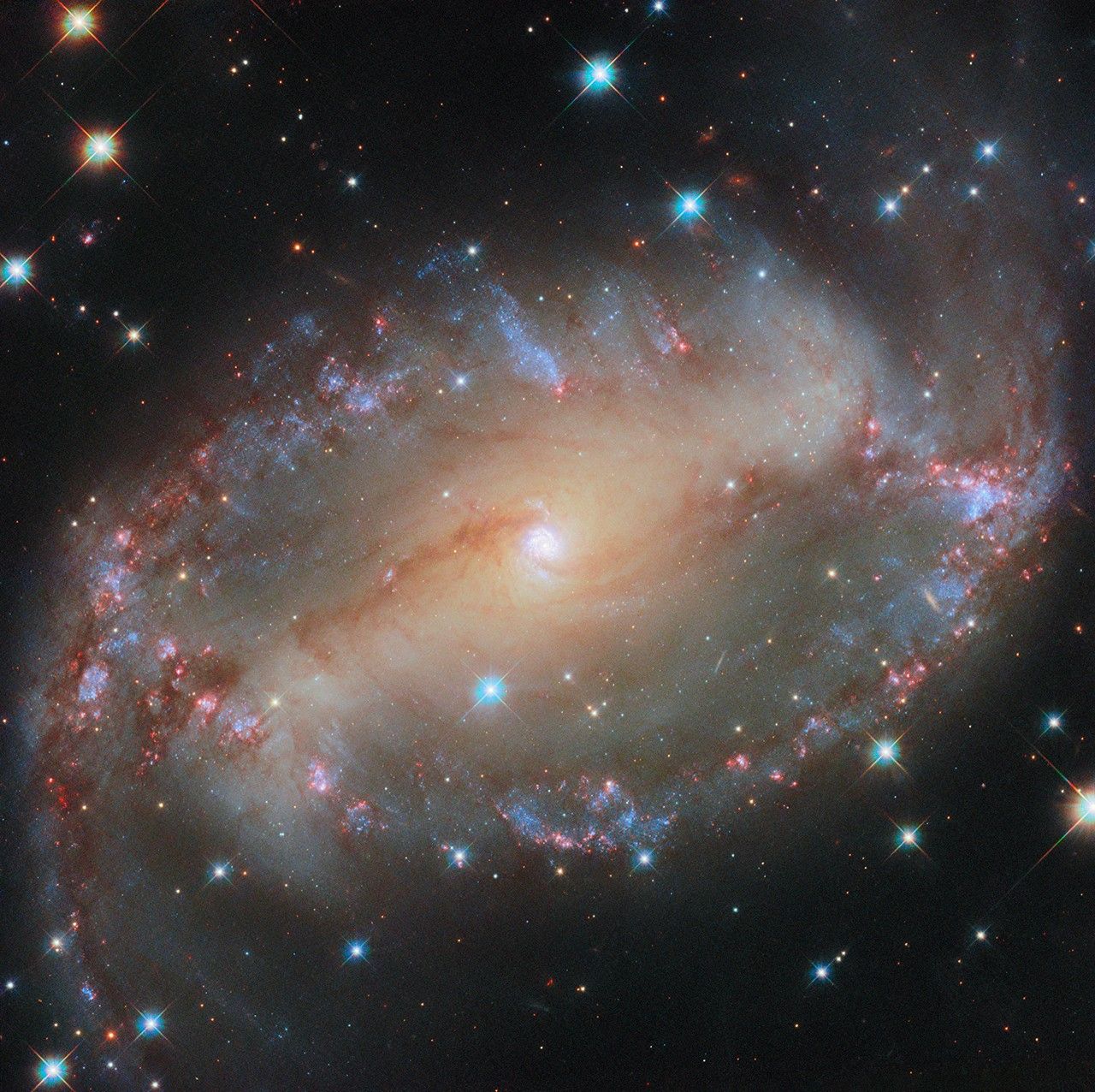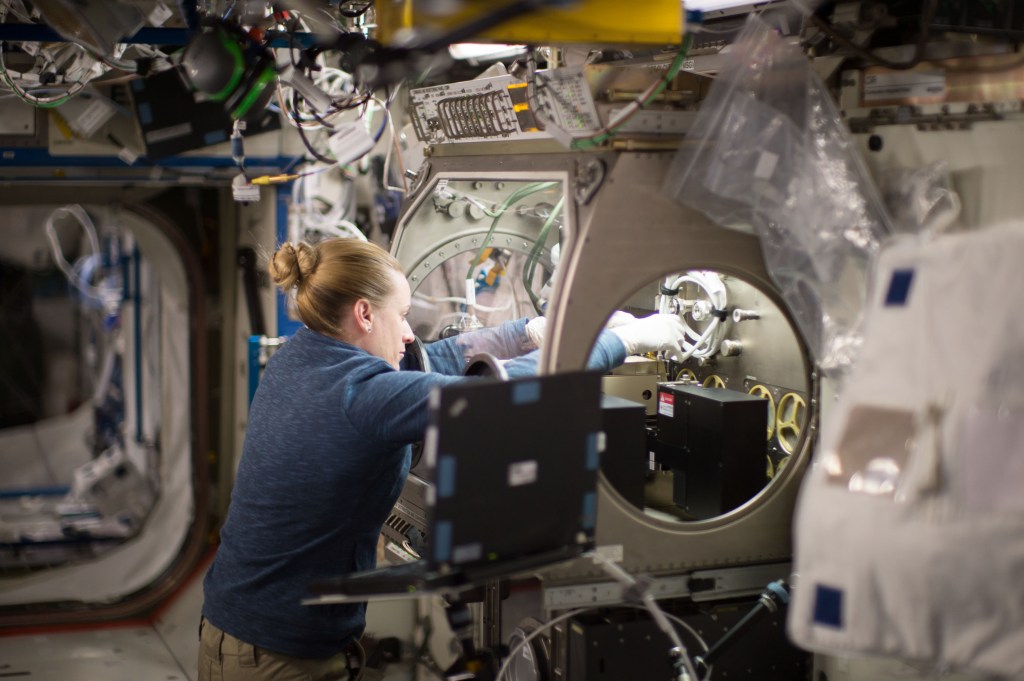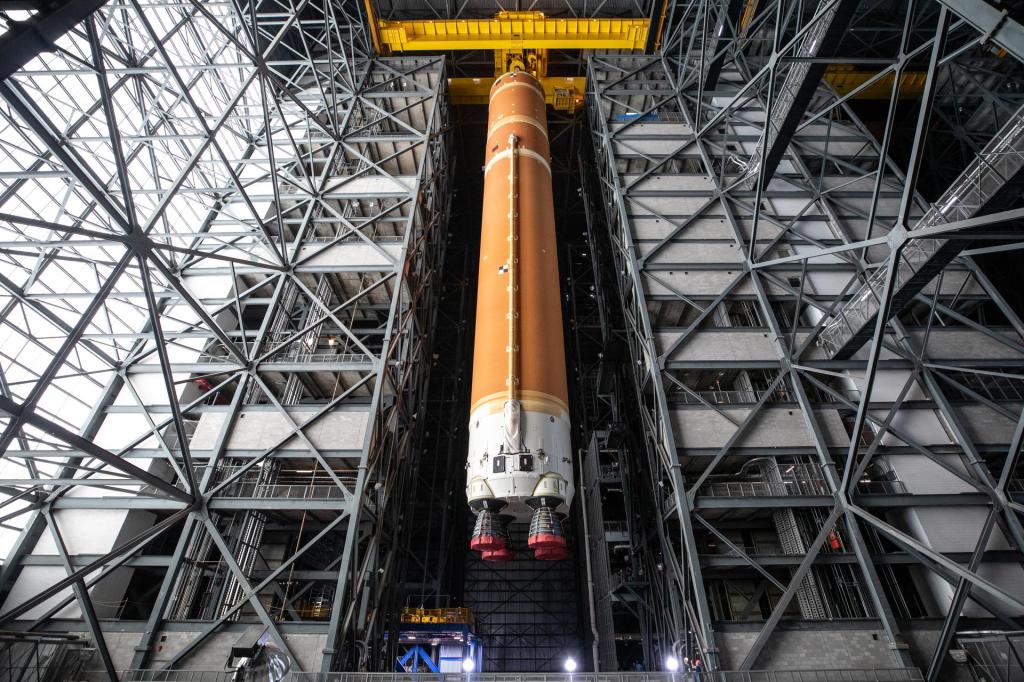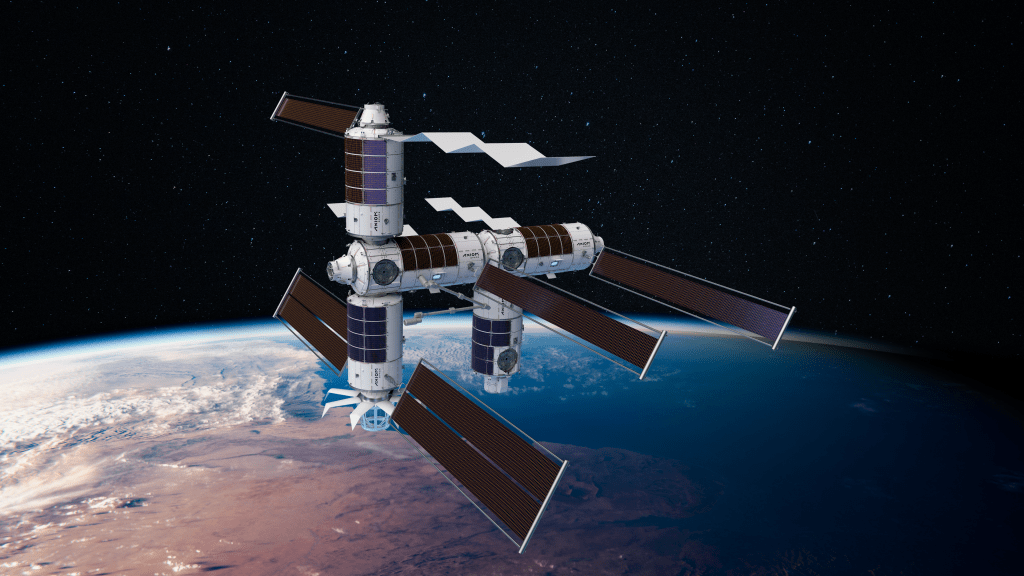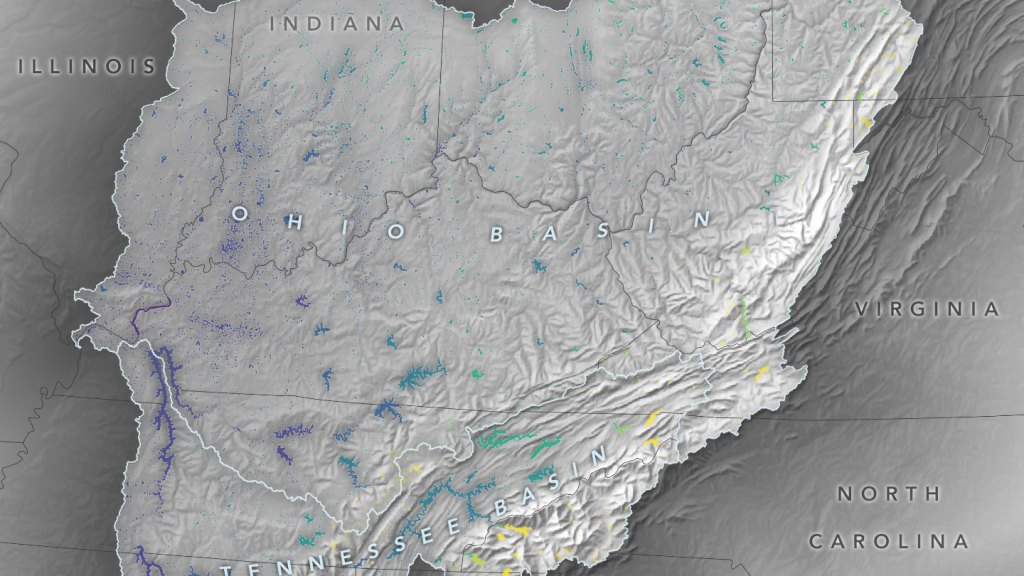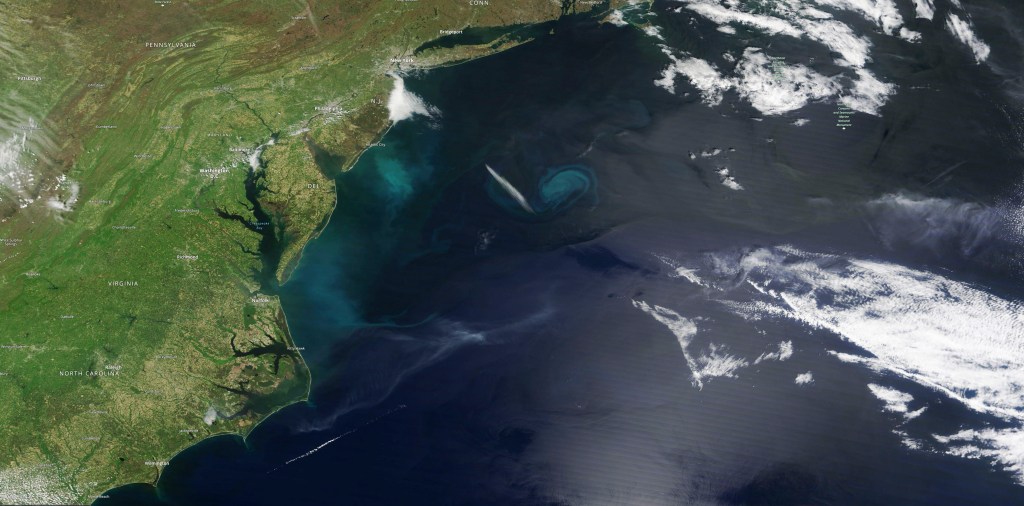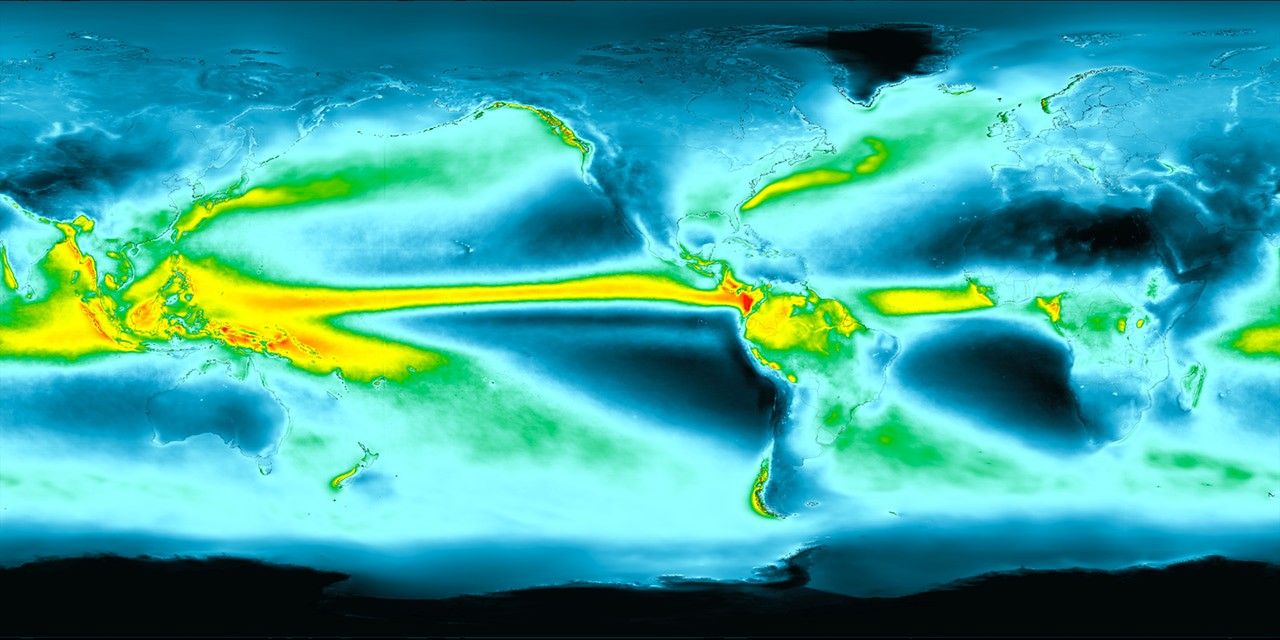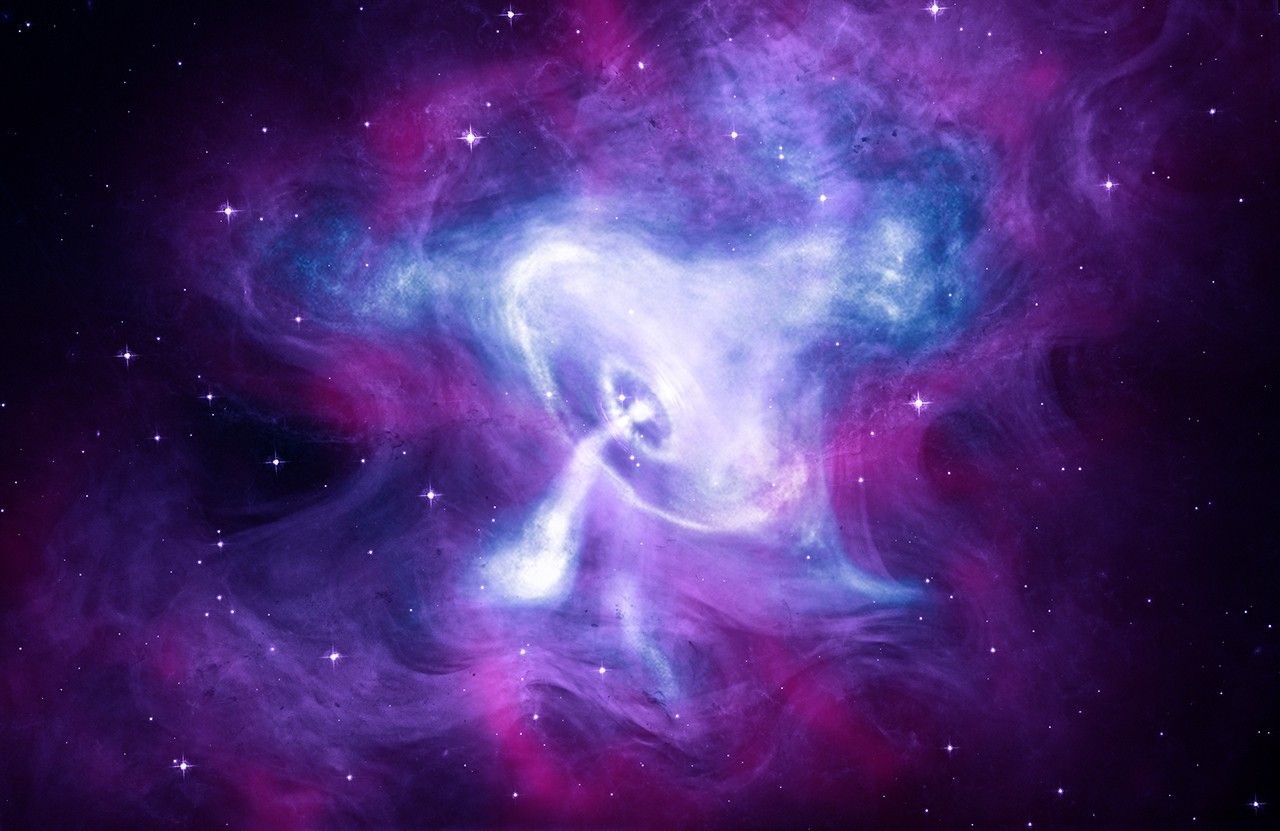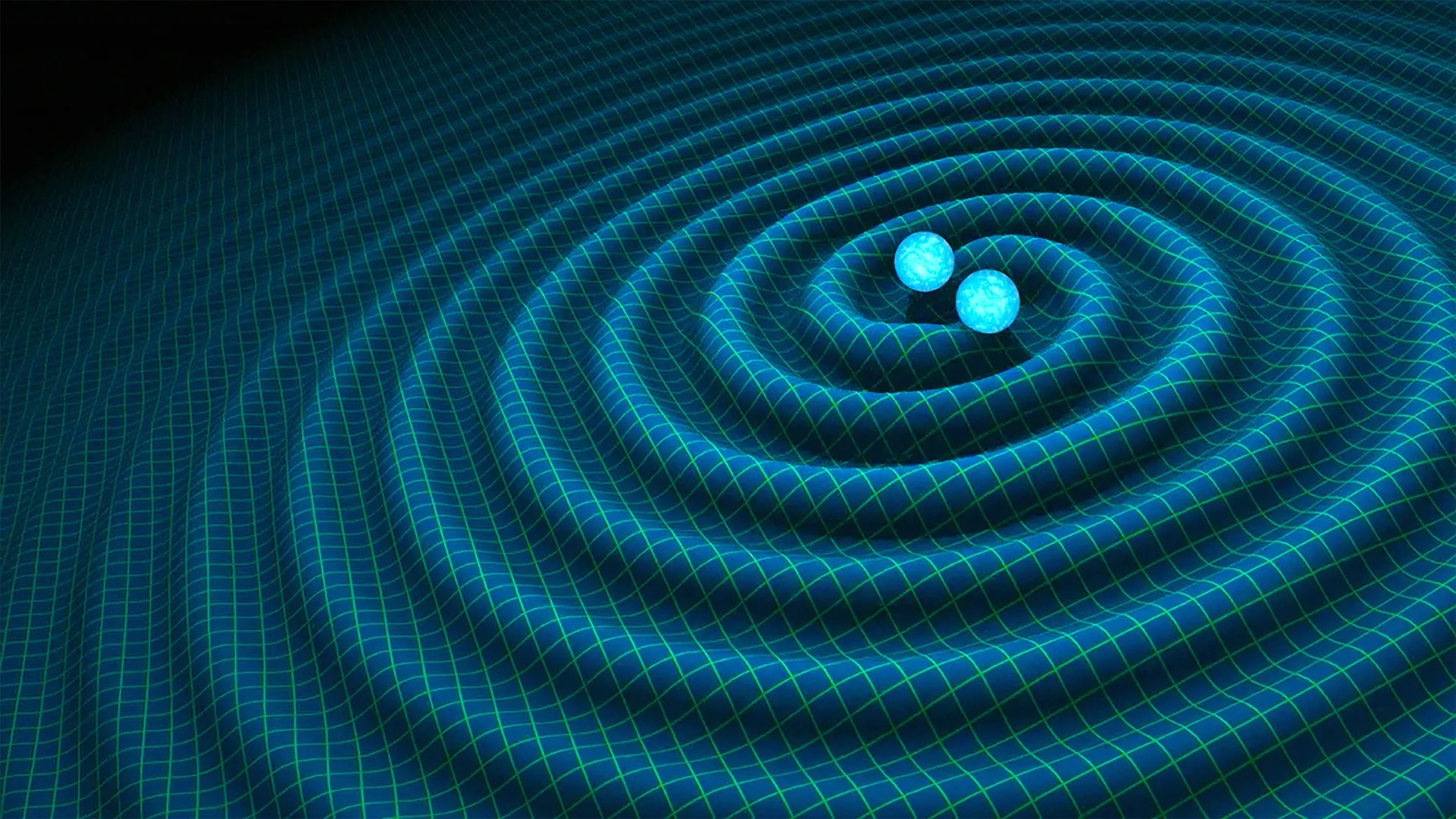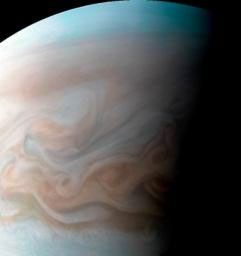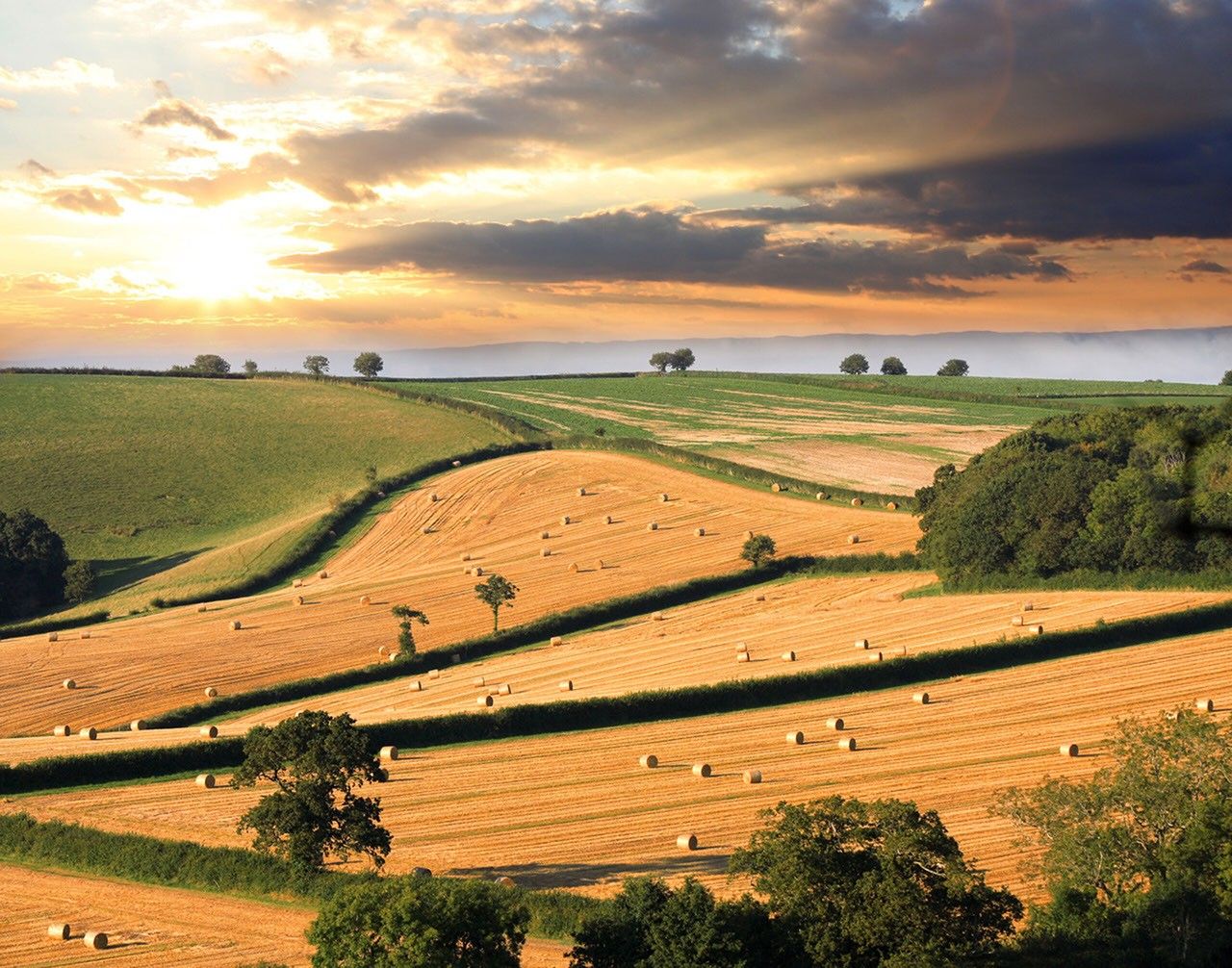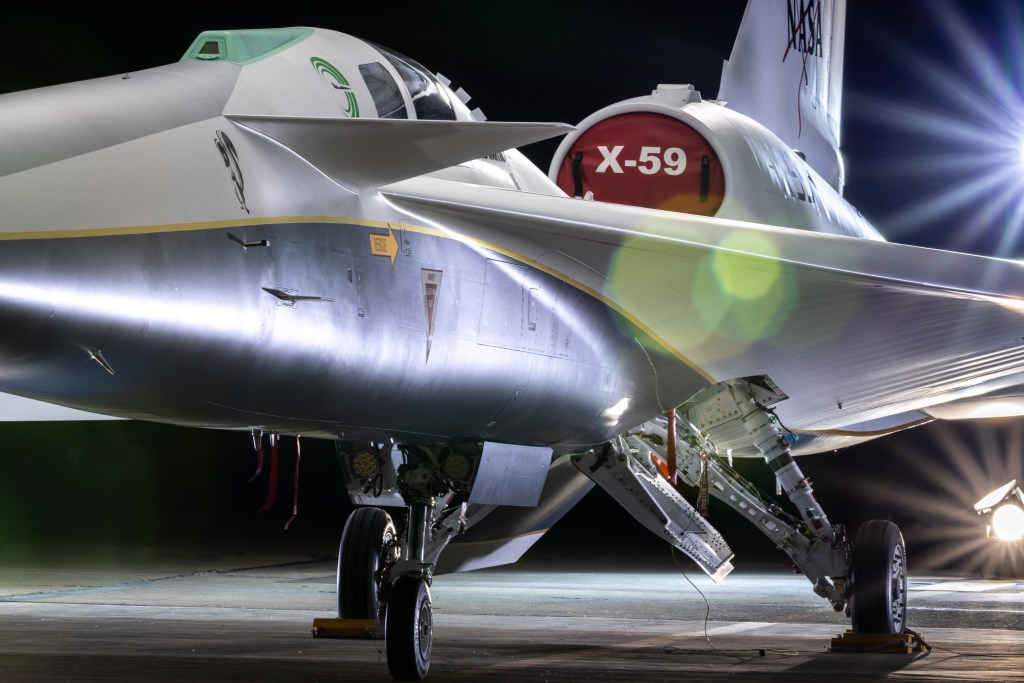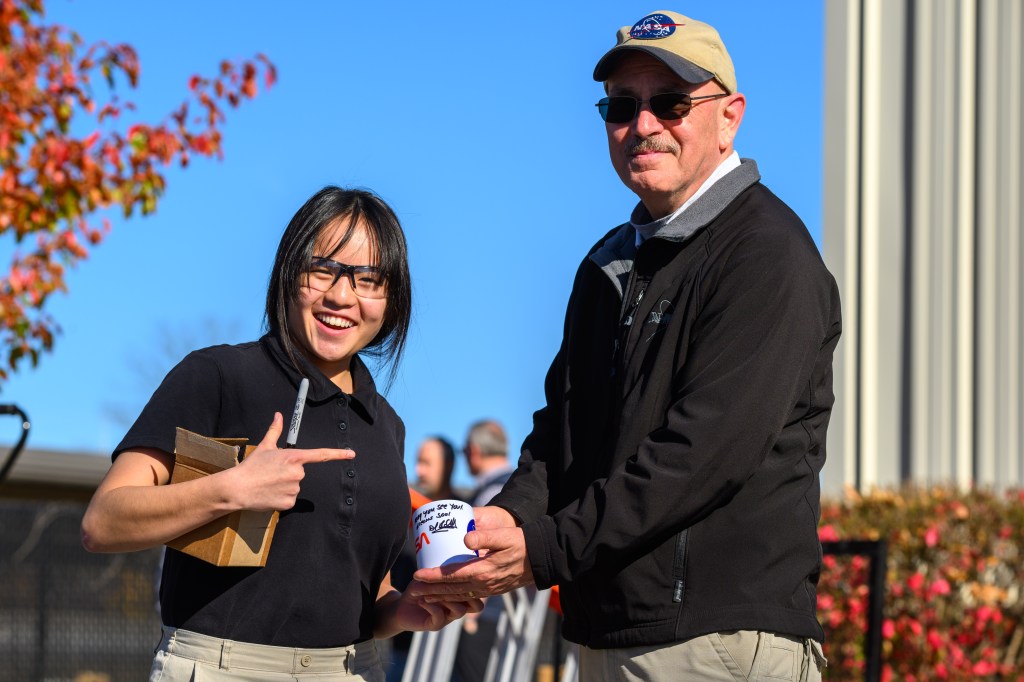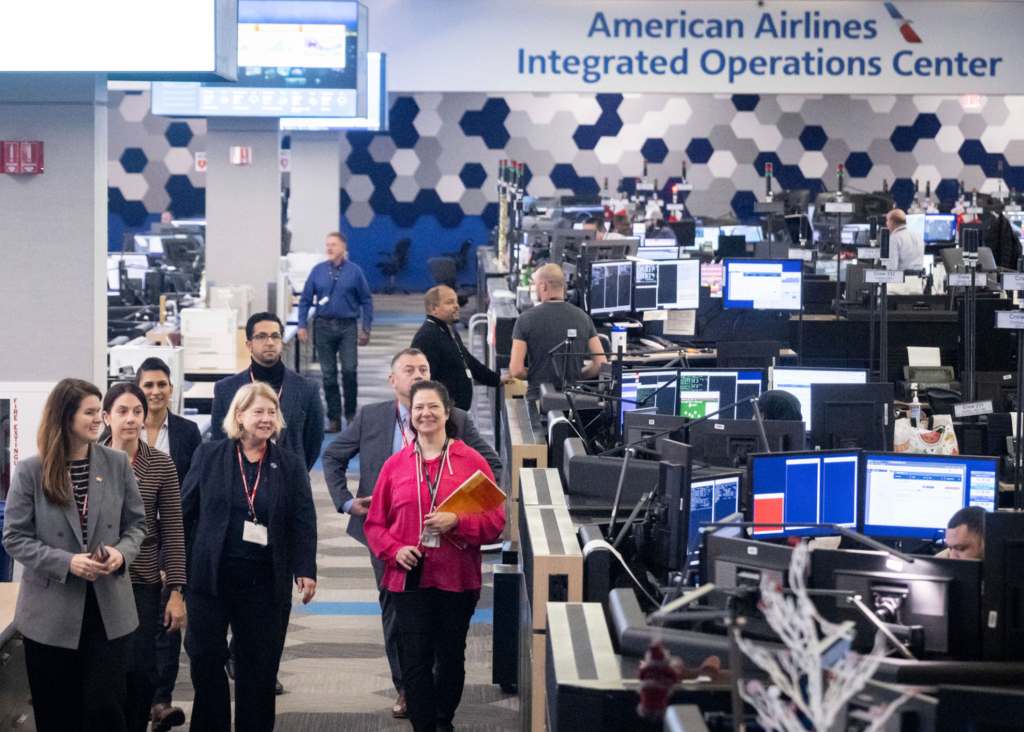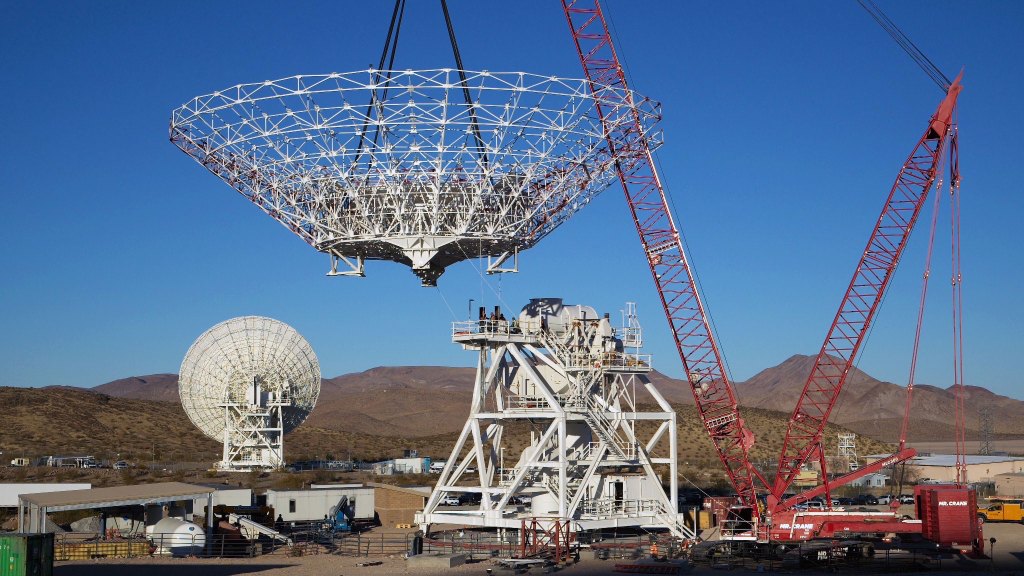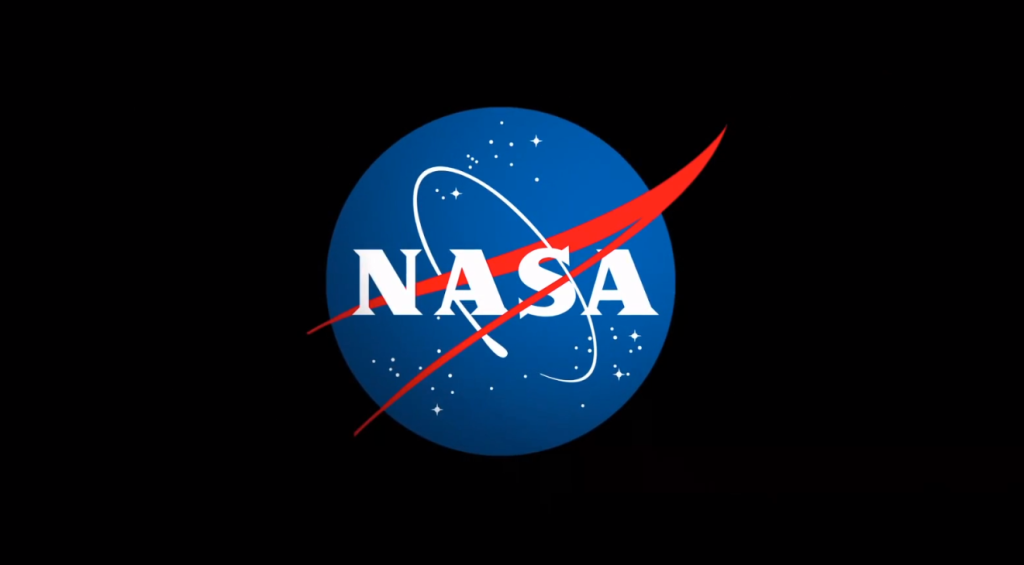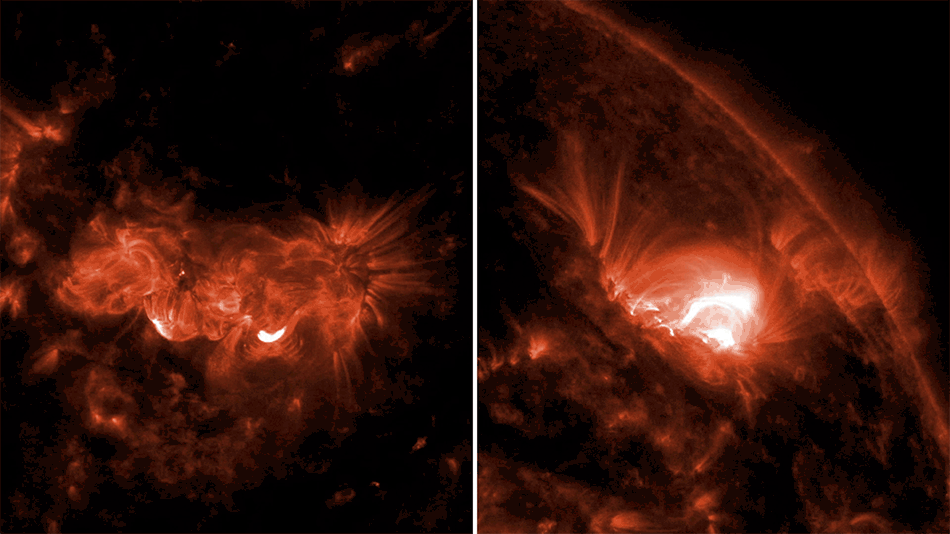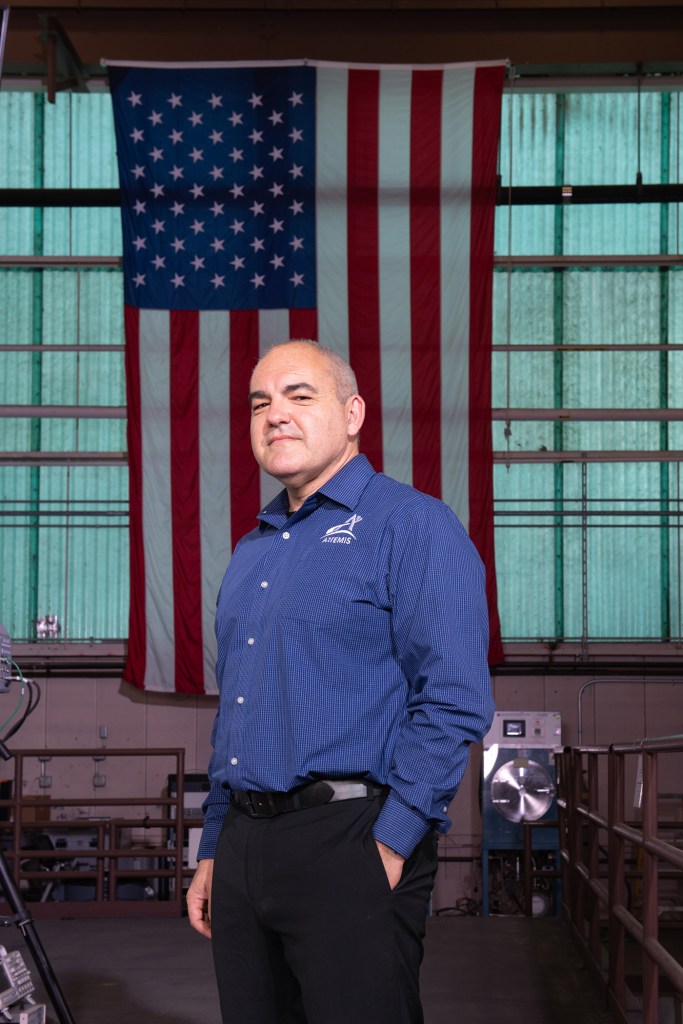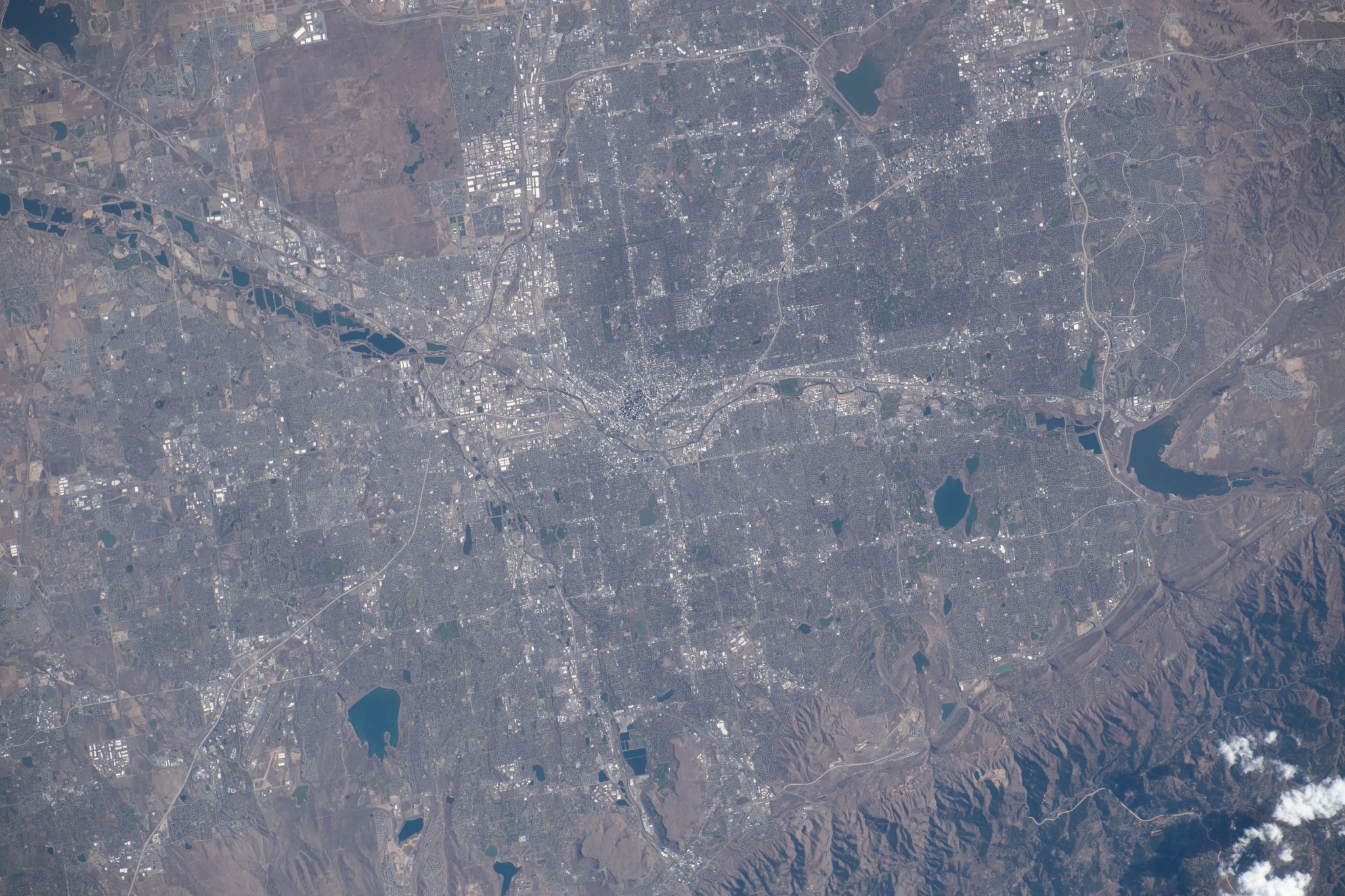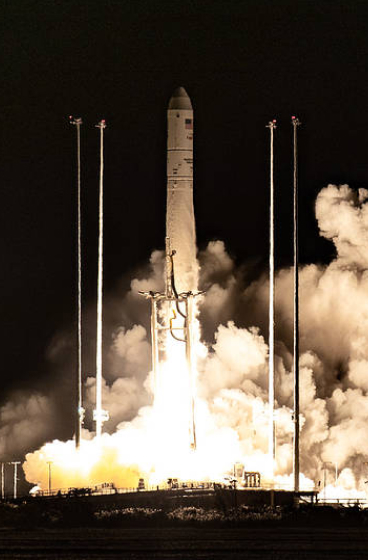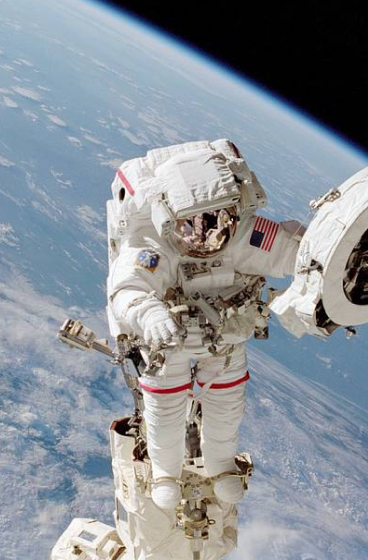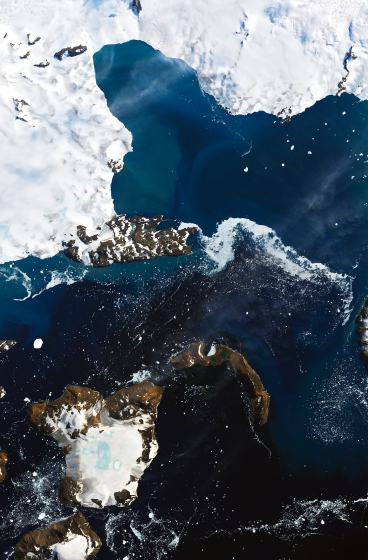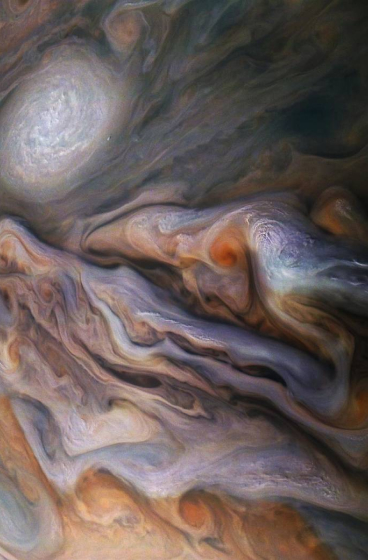Welcome to our Find Your Place in Space Week site!
The events listed here took place in Colorado in April 2024. We appreciate your interest and encourage you to stay tuned for future events about space exploration, science, and technology.
This event is for ages 21+
Yuris Night
April 7, 2024 | 5:30 p.m. – 9 p.m.
You are invited to the ultimate space party in Colorado Springs – Yuri’s Night! On the eve of the Total Solar Eclipse, immerse yourself in an atmosphere of out-of-this world excitement marking space milestones being celebrated around the globe. While renovations are being made at Space Foundation Discovery Center, Yuri’s Night will take a field trip to the beautiful Cheyenne Mountain Resort! This special event benefits science and space education for thousands of students and teachers.
Learn More about Yuris Night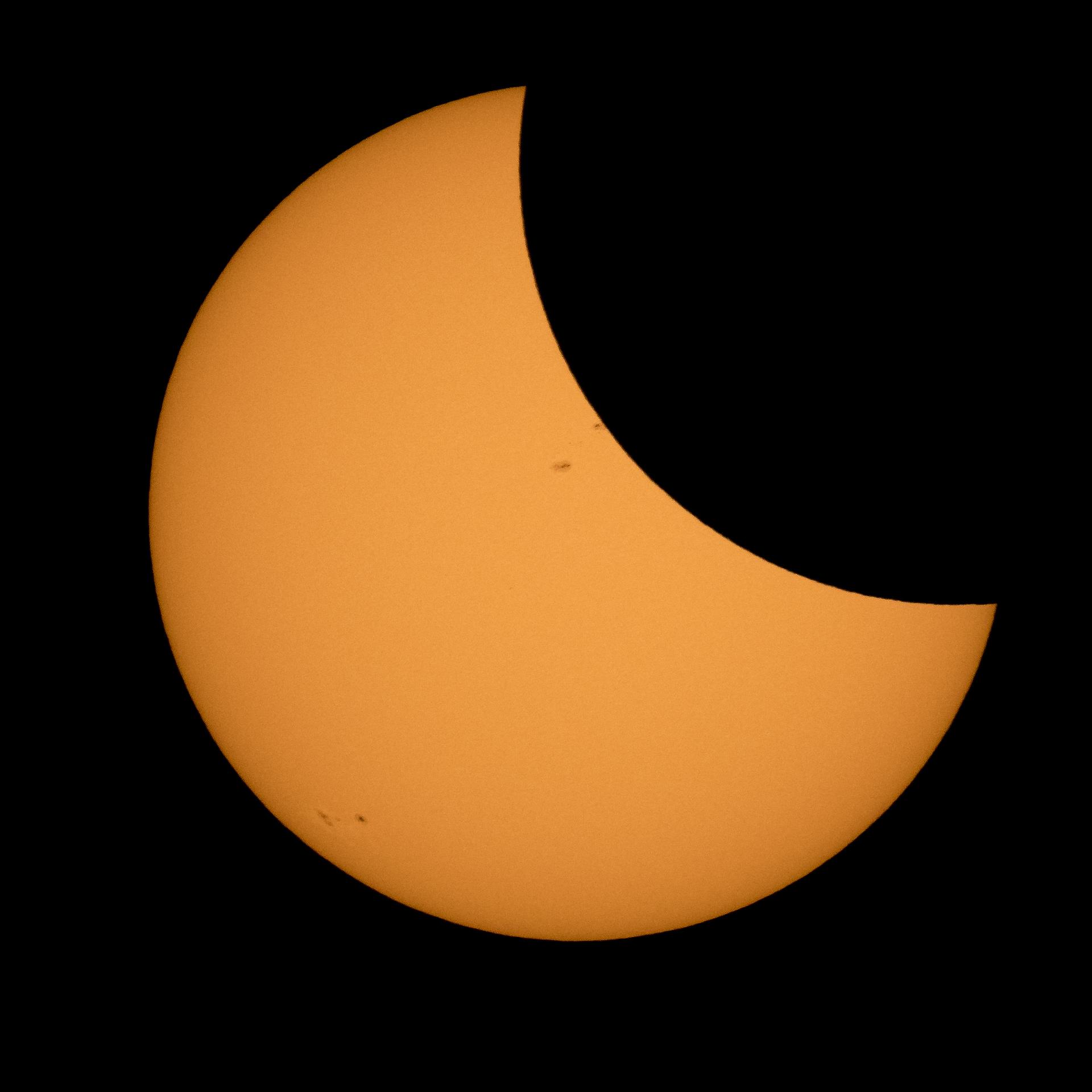
Symposium Student Tour (Session 1 and 2)
39th Space Symposium
April 8 – 11, 2024
As part of the Space Symposium Student Tours, NOAA will be doing “Find Your Place In Space” educational experiences that represent a wide variety of programs and career possibilities. Space Foundation has identified the following three significant 9th – 12th grade student groups to tour the Northrop Grumman Exhibit Center – North and South Halls.
Learn More about 39th Space Symposium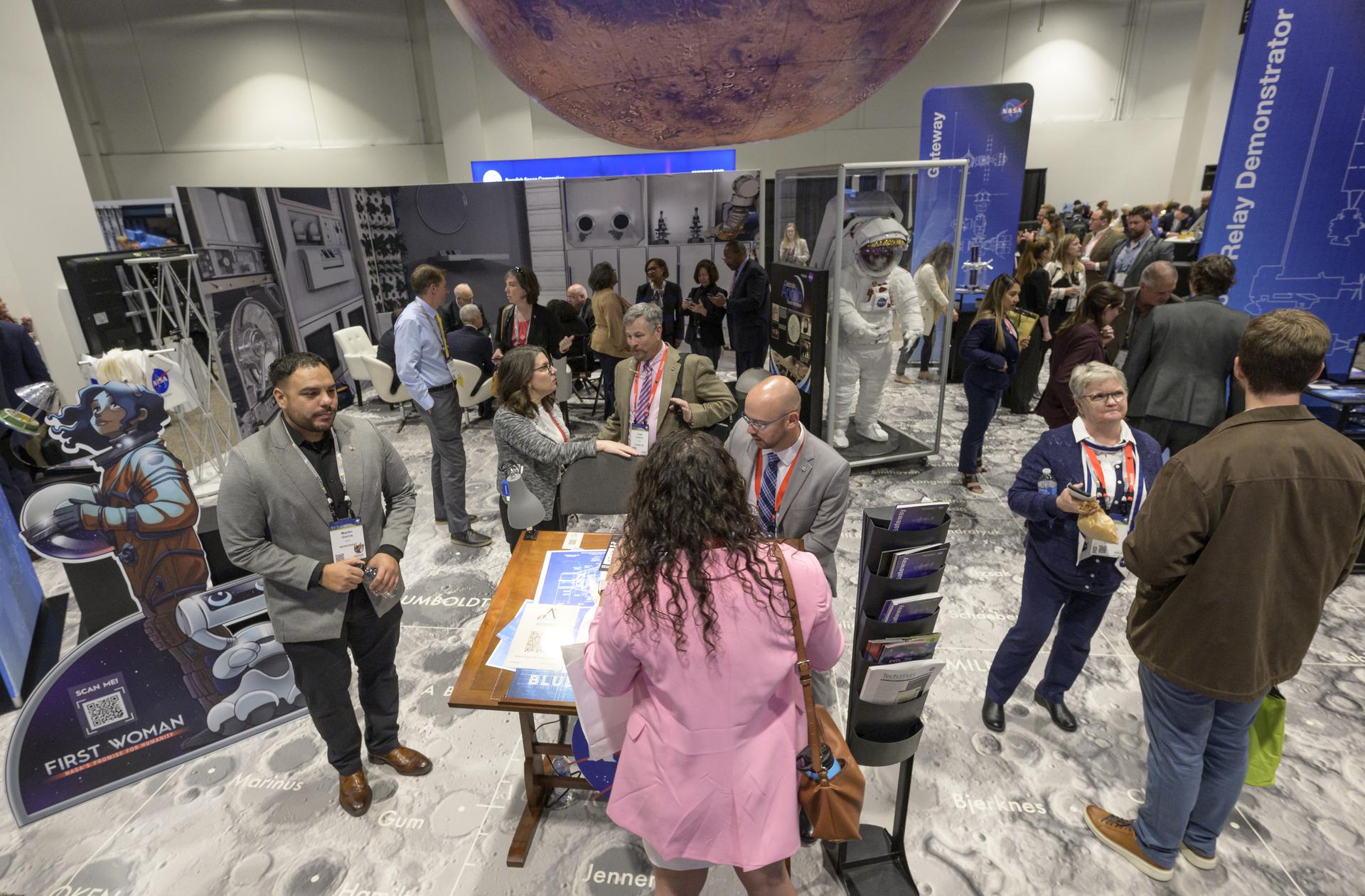
This event is open to the public.
Solar Eclipse Viewing at the NSF NCAR Mesa Lab
April 8, 2024 | 10:30 a.m.
Looking for a spot to watch the April 8, 2024 Solar Eclipse near Boulder, CO? Come join us at the U.S. National Science Foundation (NSF) National Center for Atmospheric Research (NCAR) Mesa Lab to view this exciting phenomenon! This partial solar eclipse will begin at 11:28 am and reach a maximum of ~70% coverage of the Sun at 12:40 pm. During the eclipse, we’ll have free hands-on activities and solar viewing opportunities for the whole family. Parking may be limited, so please plan accordingly. Please note, this event is weather dependent.
Learn More about Solar Eclipse Viewing at the NSF NCAR Mesa Lab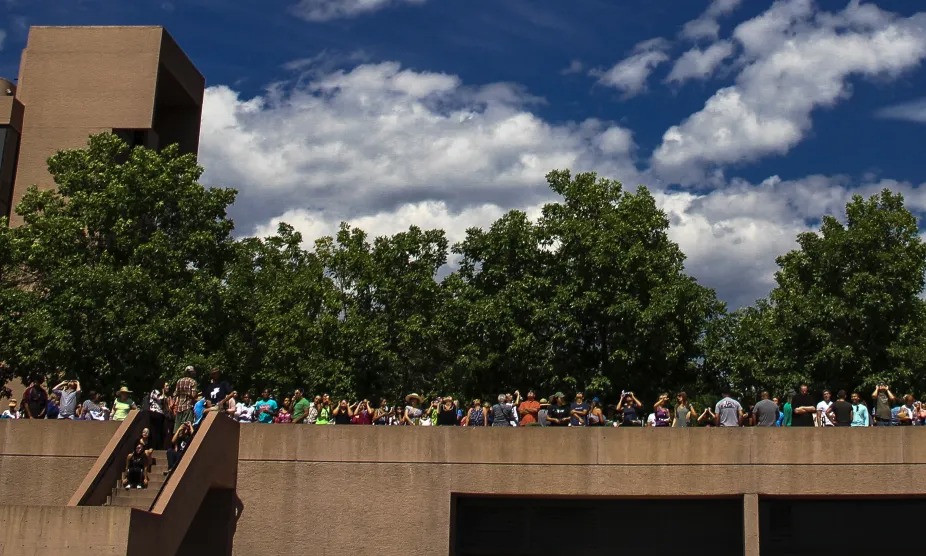
This event is geared towards students.
Space Weather Opportunities underrepresented Denver High School students
April 11, 2024 | 10 a.m.
This is an outreach initiative inviting underrepresented Denver High School students actively engaged in cubesat development to visit the NOAA Boulder building, home to the Space Weather Prediction Center. Through this immersive experience, students will delve into the dynamic world of Space Weather, gaining firsthand insights into its monitoring and prediction processes. Additionally, they will have the opportunity to showcase their cubesat projects, positioning themselves as the next generation of space scientists. By fostering inclusivity and empowerment, this initiative aims to inspire and equip students from diverse backgrounds to spearhead innovation in the field of space science and exploration.
Learn More about Space Weather Opportunities underrepresented Denver High School students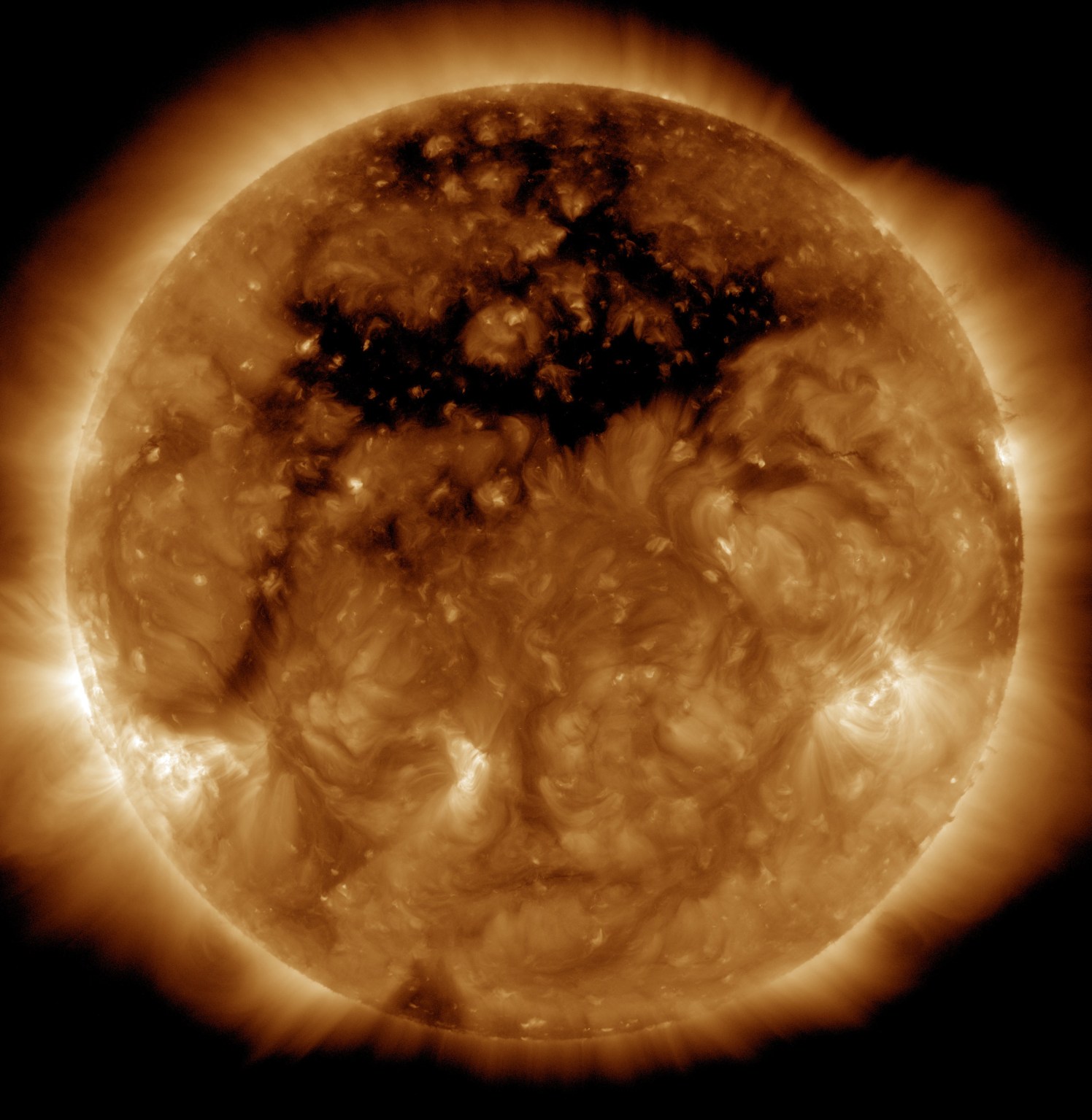
General Public
Find Your Place in Space at the University of Colorado Boulder
April 12, 2024 | 4 p.m.
Learn about eclipses, space weather, SQUIDS, radiometers, measuring the cosmos and more! Hear a live talk from expert Dr. Jeffrey Bennett and engage in activities with scientists from the National Institute of Standards and Technology (NIST) and the National Oceanic and Atmospheric Administration (NOAA).
Learn More about Find Your Place in Space at the University of Colorado Boulder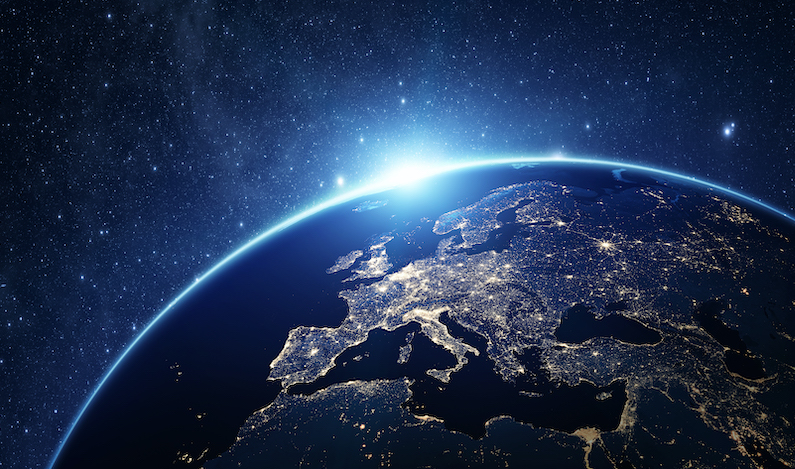
Space Weather Workshop
April 13, 2024 | 12 a.m.
The Space Weather Workshop is an annual conference that brings industry, academia, and government agencies together in a lively dialog about space weather.
Learn More about Space Weather Workshop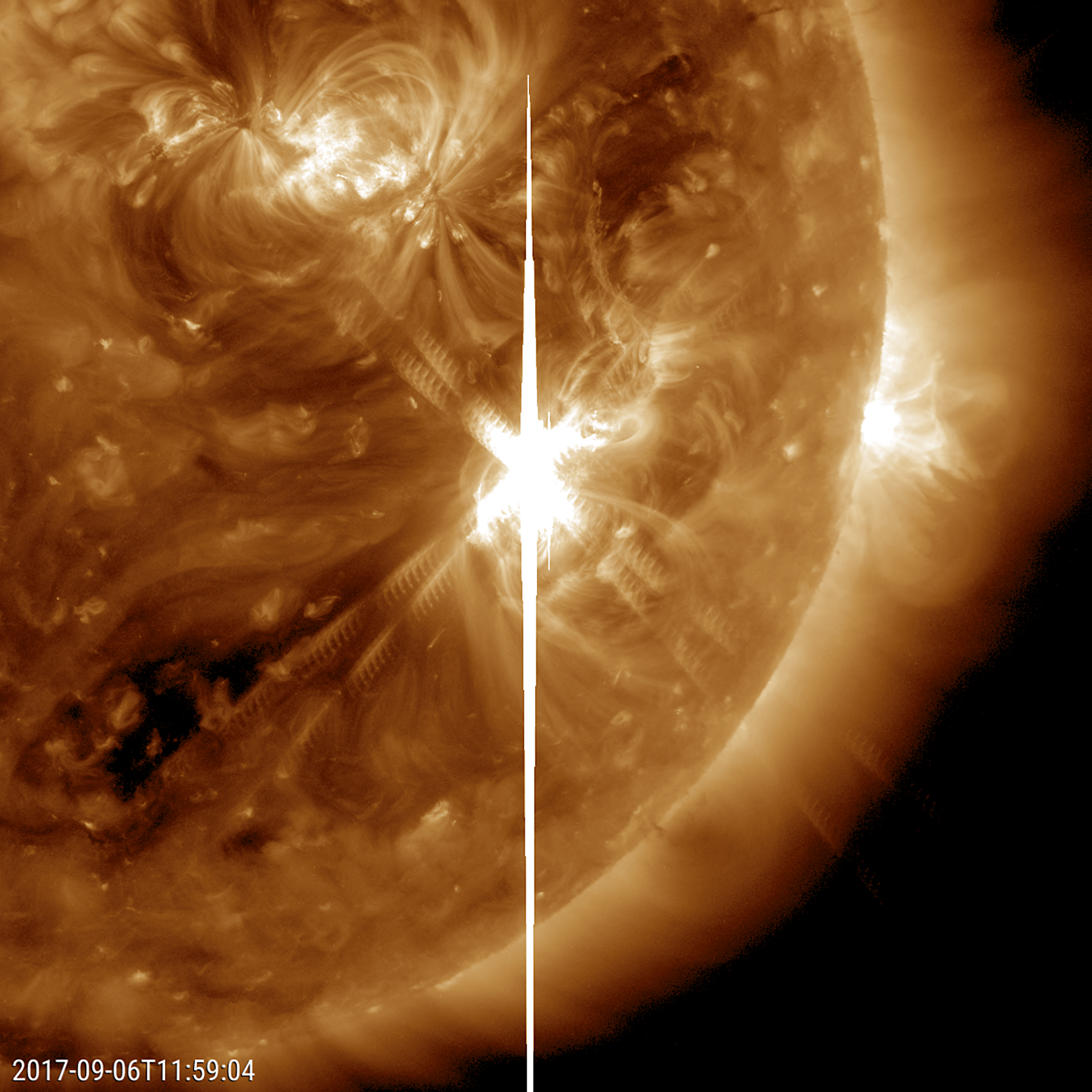
Find Your Place in Space Week
The week draws on the strengths of partners to open the doors of the space industry to people who already love space, those want to know more about space, and those that do not know how they can be a part of this industry.
Learn More